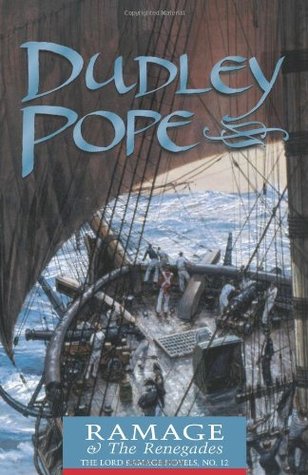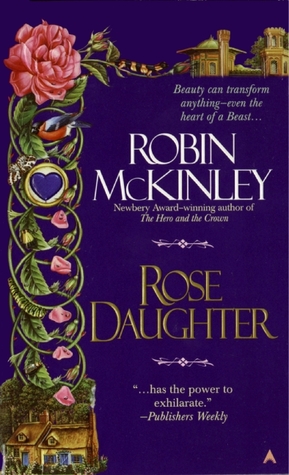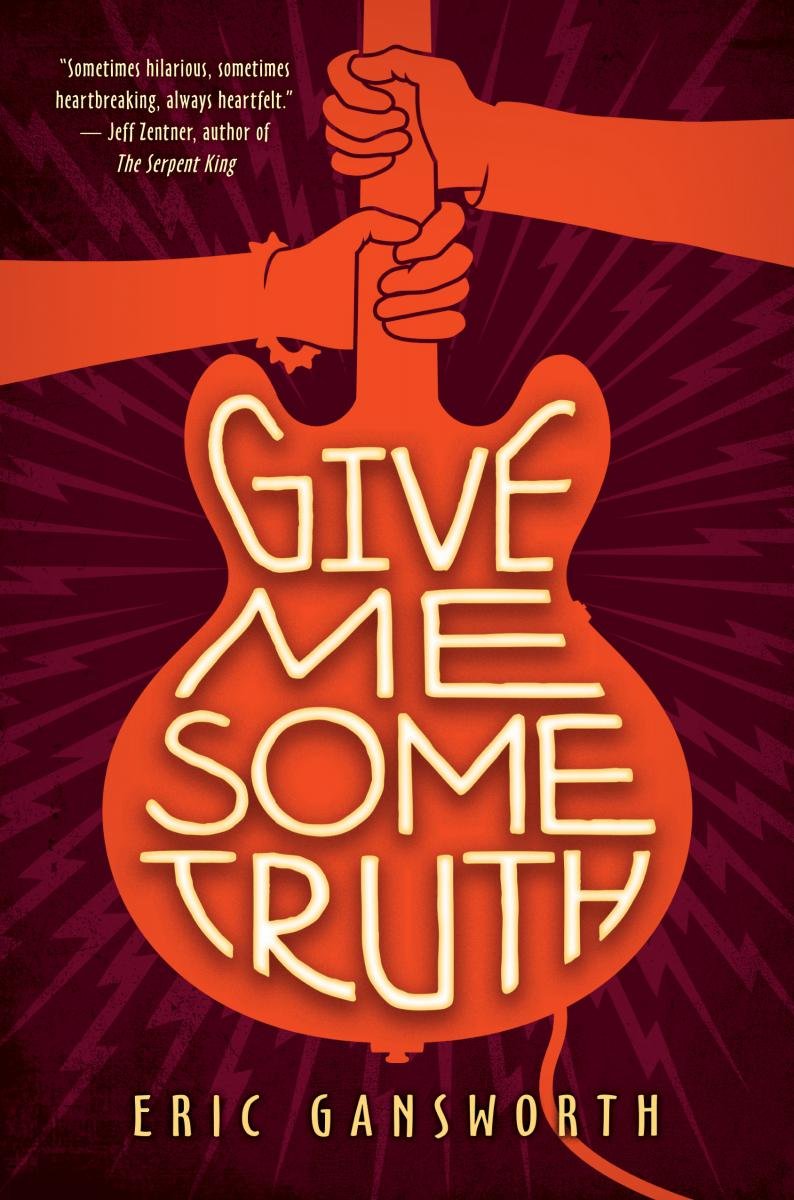[button color=”black” size=”big” link=”http://affiliates.abebooks.com/c/99844/77798/2029?u=http%3A%2F%2Fwww.abebooks.com%2Fservlet%2FSearchResults%3Fisbn%3D9781590130094″ target=”blank” ]Purchase here[/button]
In Number 12 of the Lord Ramage Novels, it is the Year of our Lord 1802. Peace has broken out between revolutionary France and the United Kingdom — what proved to be only one year of peace in the middle of 22 years of warfare. For many in Britain’s Royal Navy, peace was more dangerous than war. Ships no longer needed to blockade French ports or to protect merchant shipping were paid off, their crews put ashore, their officers consigned to half-pay. Meanwhile, those outside Addington’s government fear that Britain, by giving up too much to the French in the Treaty of Amiens, may have “won the war and lost the peace” — or, even worse, that peace may be merely a chance for Napoleon to refill his supplies and arms for yet more war.
The duplicity of Napoleon worries Captain Lord Nicholas Ramage on a more personal level. Though the heat of his passion for the Marchesa of Volterra has cooled to something like the love between brother and sister, and though noblesse oblige rules out the possibility of marriage between the heir to a Protestant earldom and the ruler of a Catholic state, Nicholas worries about Gianna. He worries that the deceptive nature of the peace, together with the unclear status of Volterra, may make this new freedom to travel on the Continent a trap for Gianna. In spite of his best efforts to convince her otherwise, Gianna insists on traveling home to Volterra. And before Ramage can learn what will become of her, he is ordered away by the Admiralty on a peacetime mission that may give Britain an advantage in the next war.
His Majesty’s Frigate Calypso, still manned by the best officers and crew in the fleet, sets sail this time for the Ilha da Trinidade, a tiny unpopulated rock in the South Atlantic, six hundred miles off the coast of Brazil. By some stroke of luck, this potential base for watering and victualling ships was left out of the Treaty, so its status is unclear. Lord St. Vincent wants Ramage to claim it for Britain, and sends him with a team of surveyors, masons, a landscape painter, and a botanist to map the island, to build fortifications, to plant potatoes, and to take soundings of the surrounding waters.
This seems a very straightforward mission. But it turns out to be filled with exciting incident. First there is the drunken fraud of a ship’s chaplain, who threatens to destroy the morale of the crew before he is exposed. Then there is an encounter with a dangerously mad frigate captain, the first of at least three such cases in successive books, illustrating a sticking point in Britain’s Articles of War in that there is virtually no way to remove a captain from command. And finally, in a harbor on Ilha da Trinidade, the Calypsos find a privateer with a string of prizes taken (allegedly) before the news of peace reached them. Which side of the fine line between privateering and piracy they stand on, becomes clear when they hold off the Calypsos by threatening to kill the passengers of the captured merchantmen. The resulting tense standoff, like a hostage crisis with boats, culminates with a swashbuckling rescue, complete with a gravely wounded Ramage swooning in the arms of the newfound love of his life.
Mystery, romance, suspense, action, exotic (but real) scenery, and a foreshadowing of dramatic developments to come, make this an essential installment in a highly entertaining series of naval yarns. Though the characters speak in a modern idiom and behave according to present-day mores, the anachronism is perhaps forgivable because it brings the ideal age of naval conflict — even in an interval of official peace — so vividly and effortlessly into the mental world of today’s reader. The romance between Nicholas and Sarah is of a tastefully mature order. The discussion of noblesse oblige reveals an insight into a world of motivations understood today by few who have been weaned on the ideals of the age of revolution. And if that isn’t enough to make you want to read this book, the promise of a little commando warfare (in more than one sense of “commando”) and a some spectacular explosions ought to do the trick.
Recommended Age: 14+




